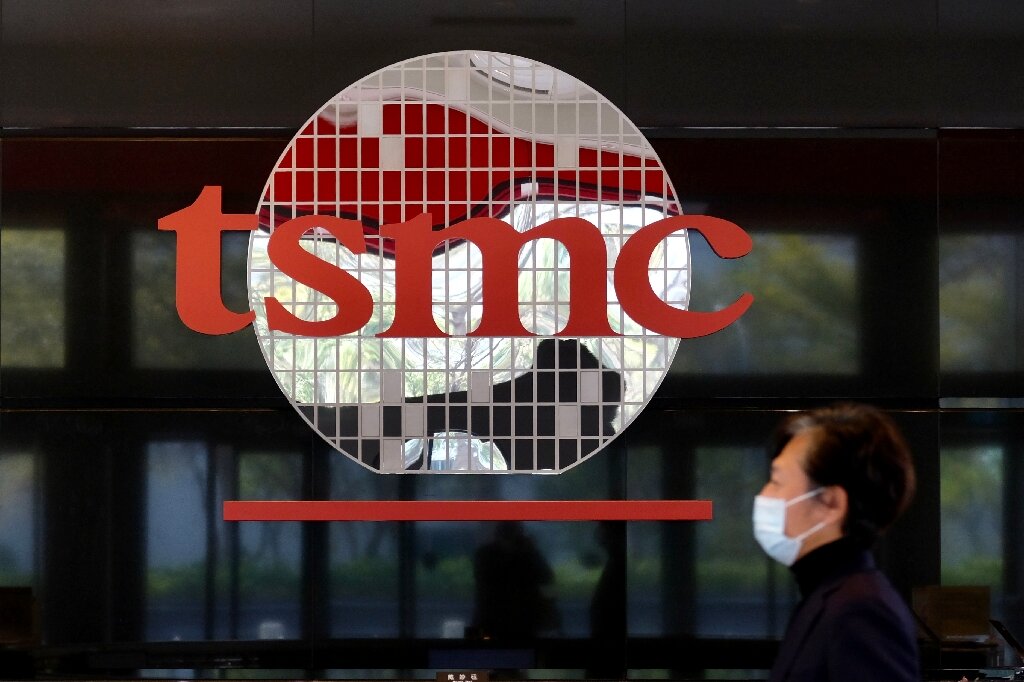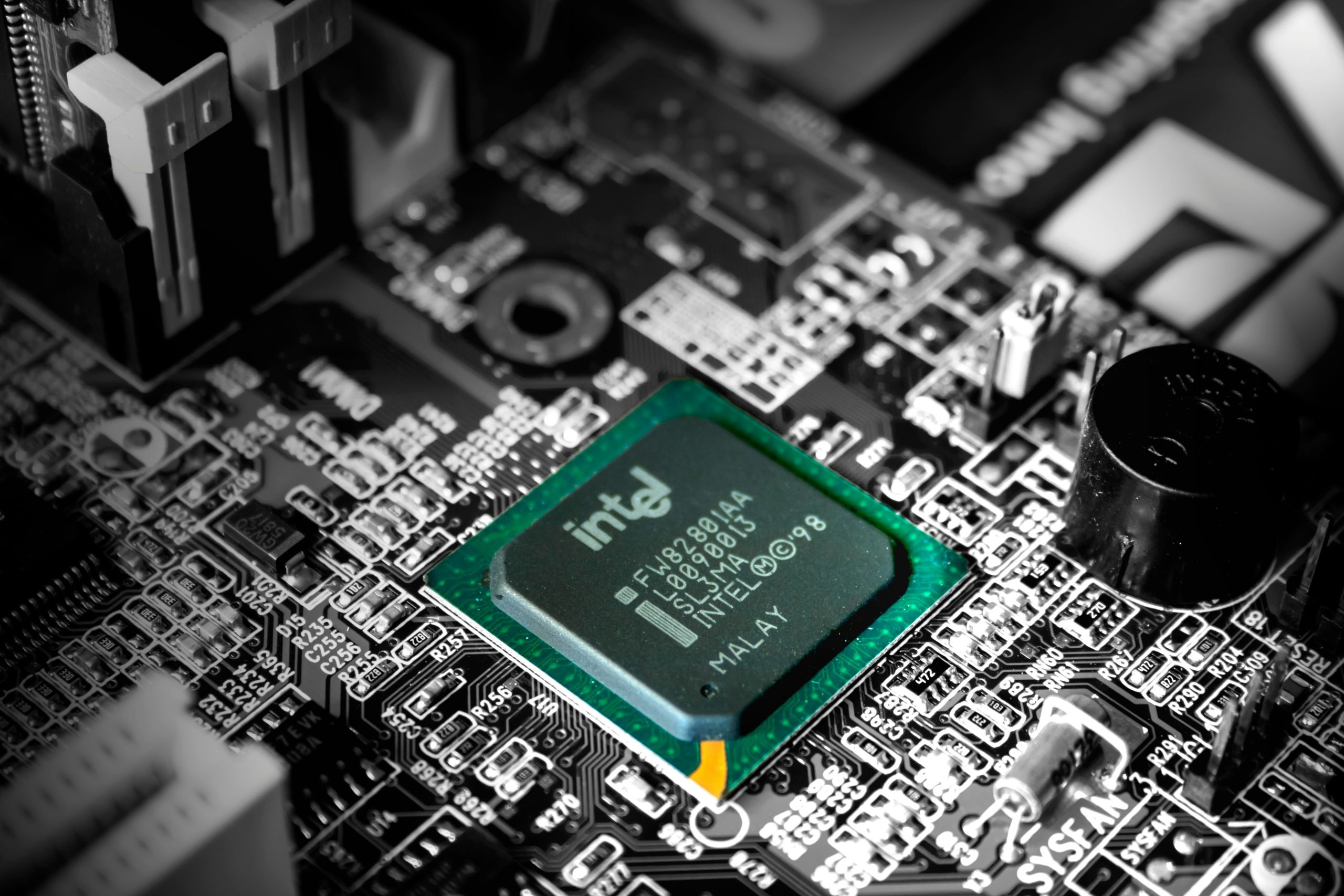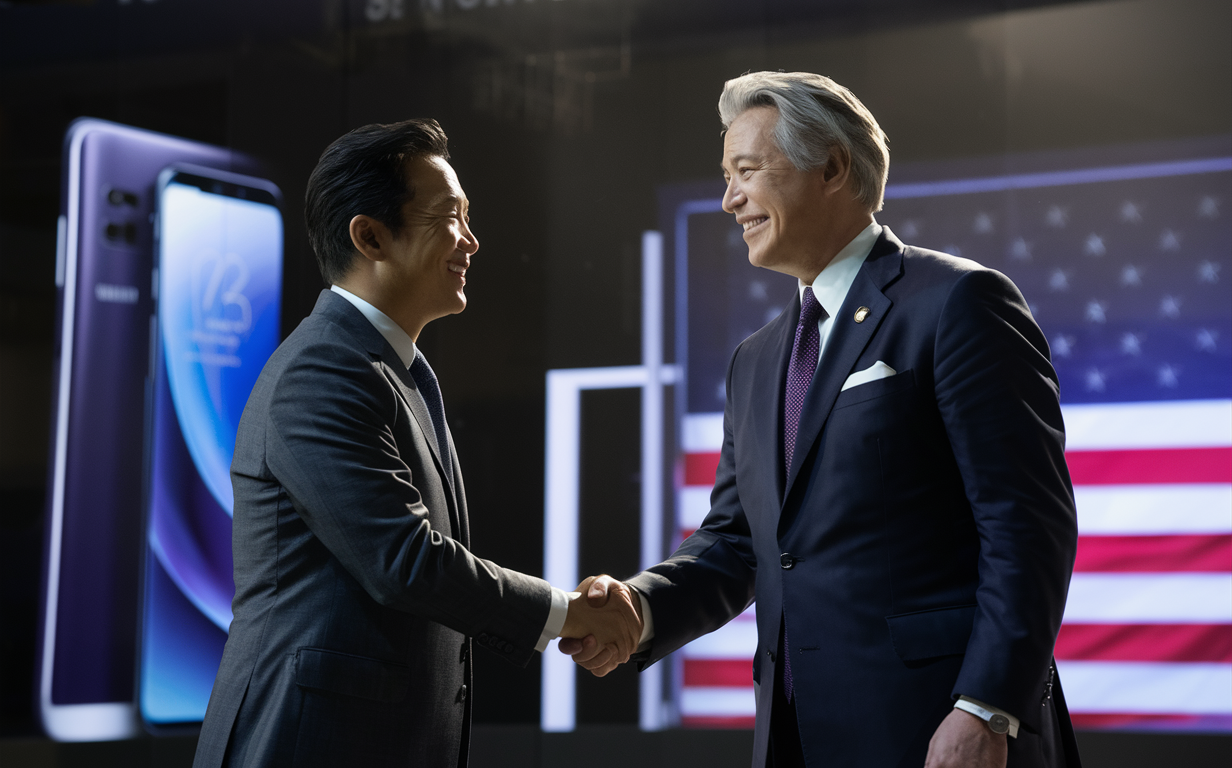
Taiwan Semiconductor Manufacturing Company (TSMC) has announced a significant power shift at the firm with its current chairman Mark Liu set to step down next year.
A statement from TSMC indicated its board had recommended current CEO and Vice Chairman C.C. Wei to step into Liu’s position.
As reported by Reuters, the world’s largest contract chipmaker is set to enact the boardroom change, subject to the upcoming company election in June.
Liu is set for a new beginning, with a company statement quoting him as saying that he wishes to put his “decades of semiconductor experience to other use, spend more time with my family, and start the next chapter of my life”.
He continued, “I am confident that TSMC will continue to perform outstandingly in the years to come.”
His would-be successor is no stranger to the company, with Wei having joined TSMC in 1998 and has been present on the board since 2017.
‘World-class’ qualities at Taiwan’s standard bearer
TSMC is a major supplier to Apple and Nvidia and they benefit at present from the surge in AI start-ups and applications. Their stock price has soared 30% this year, giving a company value of $483.3 billion.
On the back of this news, the chairman of a Taiwan-based investment portfolio firm reflected on the strength of Asia’s most valuable listed company.
James Hwang of Franklin Templeton Securities Investment Management’s Taiwan office stated that it is likely to be a seamless transition for the “world-class company”.
“Its internal processes in terms of developing professional high-end leadership talent are comprehensive and polished. I don’t think the change (in leadership) will noticeably impact the operation or direction for TSMC going forward,” he said.
The company is considered in Taiwan as the “sacred mountain protecting the country” due to its superb economic performance and importance to the globe’s chip industry.
Most of TSMC’s ongoing production will remain in Taiwan but the firm is diversifying to Germany in Europe as well as Arizona in the US, and Japan to meet the insatiable demand for its products across the planet. These new plants would also provide balance to the risk of a Chinese invasion of Taiwan.






